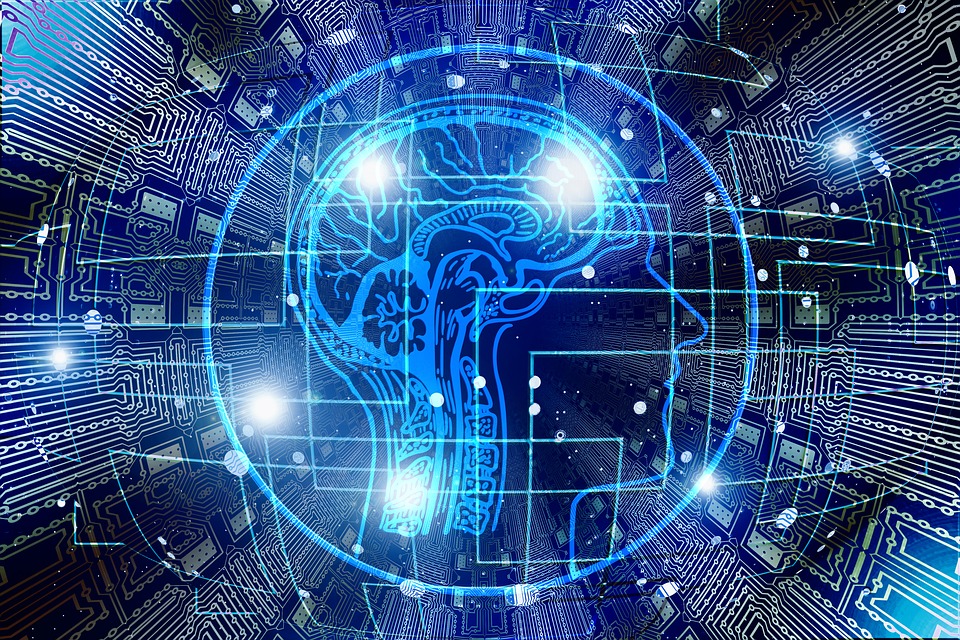What artificial intelligence can do for the development of Italy

Speech by Alessandra Servidori, professor of labor policies, member of the Steering Council for programmatic activity in the field of economic policy coordination at the Prime Minister's Office
Sustainable development is a matter dealt with by CIPESS, the Coordination Committee of the CIPE, and in this period of intense discussion on alliances – but little on programs – in view of the upcoming elections it is important to clarify what the commitment has been and is of this working group in monitoring the expenditure on the various projects that are also analyzed related to the PNRR.
But not only that, and the directive that the Prime Minister issued in December 2021 has been particularly focused on for our Committee to draw up (by 2022) the guidelines that must accompany the preparation of projects.
Sustainable development represents a theme of considerable importance, alongside the centrality that parallel social, environmental and ecological issues: it is evident that the planet we live in suffers the urgency of adequate protection and protection, to be achieved through consumption and sustainable production, so that it is able to support the needs of present and future generations as efficiently as possible.
In November 2021, the Italian legislator approved the Strategic Program for Artificial Intelligence 2022-2024 , consisting in the definition of policies aimed at accelerating innovation and the development of the potential of artificial intelligence in the Italian context, also instrumental to the implementation of the PNNR to the extent that it is dedicated to the objectives of digitization and innovation of the PA and of the production system. However, it is not only the public administration that benefits from the powerful artificial intelligence, but also the environment, sales, communication and education of people can draw substantial advantages from a profitable use of innovative means.
The role played by e-commerce is evident, a tool that also allows "isolated" entrepreneurs to connect to a wider network, the use of which has grown significantly during the pandemic crisis that for two years now has upset the our routines. Similarly, education in on-line mode has proved to be, in a moment of forced, essential and useful social distancing, in order to guarantee adequate education for young people, regardless of the infrastructures available to each country and in Italy differences are especially noticeable in the south.
From a social point of view, artificial intelligence helps, by means of satellite images, in the process of identifying areas of poverty as well as in supporting international actions, but the technological advantages it provides are not always capable of producing a positive impact on the economy, with the ability to increase productivity and automate decision-making processes.
If used correctly, artificial intelligence systems can play an important role in reducing inequalities. The alarmingly widespread lack of equity in income distribution has been at the highest levels in the Organization for Cooperation and Development (OECD) countries. These income disparities are even more evident combined with an uneven distribution of wealth. The so-called "machine learning" systems can provide significant support in identifying those at risk and in the consequent prevention of emergency situations, in reducing the use of financialization of the economy, in increasing employment.
Therefore, there is still a need for a reasoned and prudent use of digital systems, because the studies carried out show how artificial intelligence is able to have a positive impact on 79% of the targets but can, at the same time, have an opposite effect. on 35% of the same: taking into consideration the objectives concerning the social category, if on the one hand technology can help in the supply of food and health care and encourage the use of renewable energy and the development of green cities on the other hand, huge resources are inevitably required, available only through computer centers with a strong energy impact. And at this particular time when war is leading to a reduction in energy sources, this could, for example, be reduced by means of more efficient cooling systems for data centers and better use of renewable energy.
Similarly, however, in the context of inequalities, the replacement, favored by digital processes, of traditional occupations with new positions requiring greater skills, could produce the opposite effect of excessively benefiting the more educated social class, to the detriment of those with greater difficulties in accessing education.
This is a machine translation from Italian language of a post published on Start Magazine at the URL https://www.startmag.it/innovazione/programma-strategico-intelligenza-artificiale/ on Thu, 11 Aug 2022 05:28:01 +0000.
